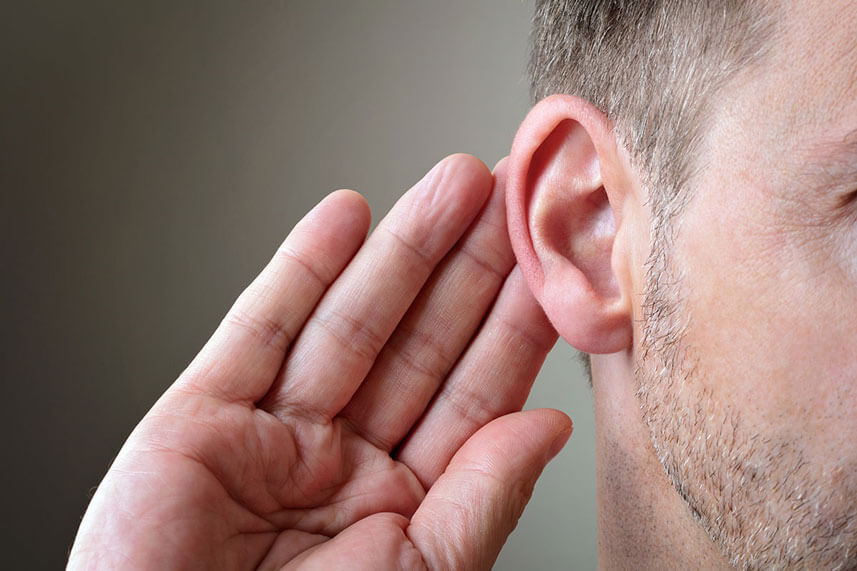Earaches and ear infections are common among children, particularly those under five years of age. They can also affect adults. These pesky illnesses have many causes, making them one of the leading reasons parents bring their children to FastMed.
We know that, unfortunately, earaches do not always happen conveniently during regularly scheduled business hours. That is why your local FastMed clinic is open extended hours, including holidays.

If you or your child experiences an earache or an ear infection, you will get the quality care you deserve, without having to wait days for a doctor’s appointment or spending the extra wait time or expense associated with a typical visit to a hospital ER.
What is an earache?
Earaches may affect one or both ears, although most often they impact only one. The pain can take many forms, from dull to throbbing, and from sharp to burning. Pain may also vary in intensity, ranging from mild to severe.
Fortunately, most earaches are short-lived. Chronic ear infections, however, can cause irreparable damage to the middle and/or inner ear. For this reason, it is important to have an earache or possible infection evaluated by a medical professional.
Consider contacting your local FastMed clinic or seek immediate medical attention if you or your child experiences vomiting, headaches, high fever, or pain inside or behind the ear.
What causes ear infections and ear pain?
Ear pain and ear infection causes range from dental problems to a repetitive, simple common cold, or reactions to tobacco smoke. An earache is sometimes referred to as a clogged ear, because it occurs when one of the Eustachian tubes (the tubes running from the ears to the back of the throat) swells or becomes blocked. This causes fluid to build up in the middle ear.
Typical causes may include:
- Colds
- Allergies
- Excess mucus
- Sinus infections
- Irritation from the smoke from tobacco products
- Infected adenoids (the tissue adjacent to your tonsils)
- Foreign body
What are the signs and symptoms of an ear infection?
Earache and ear infection symptoms can be difficult to identify, especially in a child. Look for the following signs:
- Irritability
- High temperature
- Touching or tugging of the ear or ears
- Drainage
- Loss or lack of appetite
- A lack of balance
- Irregular sleeping habits
If your child experiences any of the symptoms above, you should seek appropriate care or receive a medical evaluation. There are many different causes linked to earaches, particularly in young children. These may range from otitis media to swimmer’s ear.
Earache and ear infection treatment
Depending on what is causing the earache, your medical professional may recommend a course of antibiotics or medications aimed at reducing the inflammation blocking the Eustachian tube, like decongestants. For treatment at home, pain relievers include ibuprofen and acetaminophen. These can also help to lower a fever associated with an earache or ear infection. Be sure to follow label instructions carefully, particularly dosage instructions for children.
How to prevent an earache
Taking precautionary measures can help to reduce the risk of earaches, especially in children. Proper hygiene habits, such as frequent hand washing and limiting contact with others who may be sick can help. Also, try to limit exposure to cigarette smoke, as this may increase the risk for ear infections. In addition, use earplugs while swimming, or over-the-counter products to dry the ear out after swimming.
When an earache or ear infection does strike, rest assured that you can get the care you need, any day of the week, at your local FastMed. Our qualified medical professionals are here for you, including holidays, with no appointment necessary. Use our online check-in for convenience. Get the fast, affordable, quality care to help you or your child return to normal as quickly as possible.
* The content presented on this page is not intended to diagnose health problems or take the place of professional medical care.